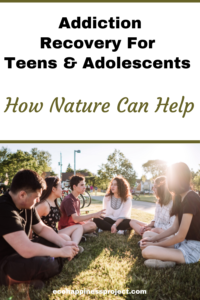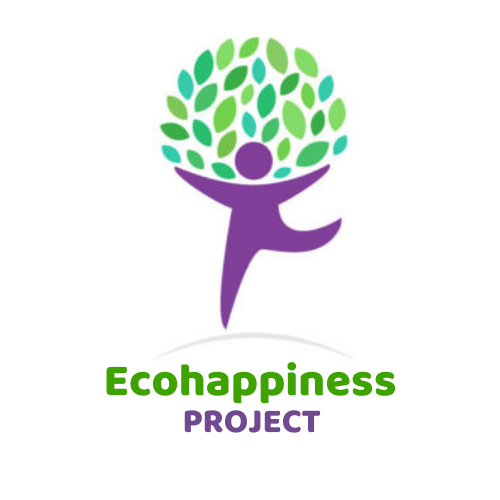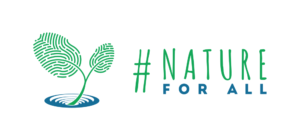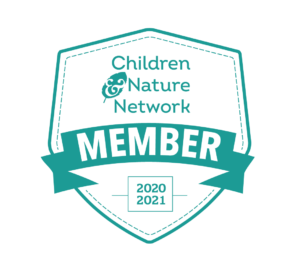 Substance abuse among the youth continues to be a significant public health concern. It’s estimated that millions of teenagers have previously engaged or are currently engaging in illicit substance abuse, with close to half of the teenage population in the United States having been involved in drug abuse at least once.
Substance abuse among the youth continues to be a significant public health concern. It’s estimated that millions of teenagers have previously engaged or are currently engaging in illicit substance abuse, with close to half of the teenage population in the United States having been involved in drug abuse at least once.
According to the National Center for Drug Abuse Statistics, the most commonly misused substances include marijuana, cocaine, hallucinogens, alcohol, heroin, and opioids. Drug abuse and addiction often leave a trail of devastated parents and guardians who have gone to great lengths to protect their children. In some cases, some beat themselves up while questioning where they failed.
Dealing with substance addiction among teens is a complex journey involving multiple approaches, including therapy, handled by competent professionals at an addiction recovery center such as Jackson House Rehab. Addiction treatment and recovery centers can help teens and their families navigate the recovery process and break addiction cycles.
Why Adolescents Use Drugs
During the teenage years, young people tend to experiment with new things, take risks, and test boundaries with authority figures like parents, guardians, and teachers. Teenagers are hardwired towards self-discovery. Unfortunately, in self-exploration and finding their identity, some may make poor choices, including using illegal substances. However, teenage choices, including negative ones, don’t happen in isolation. The following reasons may contribute to substance abuse among teens:
- Social acceptance and peer pressure: The influence of your teen’s peers can be positive or negative. If the peer group engages in the illicit use of substances, it’s common to find all group members conforming and getting caught up in drug abuse. The need to fit in with that social circle can often influence a person to consider exploring illicit drugs.
- Curiosity: As mentioned, teenagers are likely to explore and be more than willing to try out new things, and their curiosity could lead them to test illicit substances. Unfortunately, most may not know when to stop, and continued use quickly becomes a substance abuse problem.
- To experience pleasure: Some teens may quickly get hooked on the euphoria they get after consuming drugs and alcohol.
Risk Factors
Various factors can increase a teen’s risk of experimenting with or using illicit substances. Some risk factors include:
- Family turmoil: Teens involved in never-ending cycles of conflict with parents or caregivers are more likely to use drugs and alcohol to numb their pain. Similarly, family issues like parental conflict, divorce, and separations can lead a teen to engage in drug abuse to escape reality.
- Past abuse and trauma: A teen that’s experienced physical or emotional abuse is more likely to use drugs and alcohol. Some young people may turn to such substances to escape their problems. If they’re battling anxiety or depression, they may continue relying on drugs or alcohol to provide the relief they need, which can lead to addiction down the road.
Early Warning Signs Your Teen Might Be Into Substance Abuse
Although teens like to keep to themselves, parents or caregivers should try to cultivate a supportive relationship and keep the lines of communication open. Spending more time with your teens in a natural setting outdoors can strengthen the bond you share. With closer family relationships, it’s easier to figure out when something is “off” with them as you know and understand them better.
Understanding the symptoms of teen drug abuse can help you realize when you need to seek the intervention of professionals at an addiction recovery center. Watch out for the following early tell-tale signs that may indicate that your teen is using drugs:
- Changes in eating habits
- Aggression, anger, and violence
- Dropping old friends
- Having a secretive group of new friends
- Declining academic performance
- Losing interest in enjoyable hobbies or activities
- Rebellion
- Withdrawal from family members
- Evident physical changes like weight loss, poor hygiene, bloodshot eyes, slurred speech, and body tremors
- Missing school and overall irresponsibility
Side Effects of Substance Abuse
Drug abuse and addiction effects among teens can be severe, lasting a lifetime if the disorder isn’t addressed promptly. Some common side effects of substance abuse and addiction among teens include:
- Declining cognitive health due to changing brain structure.
- Deteriorating physical health due to damage to body organs, including kidneys, liver, lungs, and the heart.
- Poor decision-making capacity responsible for risky behaviors like drunk driving.
- Mental health disorders like anxiety, depression, and psychosis.
- Falling school grades due to impaired concentration and poor memory that affects school work.
Using Nature To Treat Addictions
Like other chronic disorders, substance abuse disorder or drug addiction can be treated. The main goal of the treatment and recovery journey is to help an addict regain complete control of their lives to become a productive and responsible person. This can be attained through treatment plans that help counteract drug addiction’s disruptive effects on their brain and behavior.
Teen addiction treatment and recovery options often include a combination of medications, counseling, and nature therapy. Spending time outdoors is believed to extend certain benefits to boost mental health and help teens recover from substance addiction, including:
- Reduced Anxiety and Depression: Nature extends natural relief to teens suffering from anxiety and depression by lowering cortisol levels in the body. Cortisol is the stress-triggering hormone in the body. Cortisol levels have been observed to reduce significantly after spending as little as 30 minutes in a natural setting outdoors.
- Reduced Mental Fatigue: Spending too much time on books and gadgets requires dedicated attention, which often results in mental fatigue. Green spaces can offer mental relief by allowing people to focus on things that don’t require too much effort.
- Increases Resilience and Confidence: Substance addiction increases the likelihood of a teen suffering from a battered self-image, low self-confidence, and poor social skills. Group activities like games or walking in natural spaces can lead to increased self-efficacy and improvements in social skills, confidence, and resilience.
Find Help For Your Teen
Professional help, such as at an addiction recovery center, is within reach for teens suffering from a substance abuse disorder. But, the journey to sobriety and an addiction-free life starts with accepting the existence of the problem. It’s critical, however, to note that teens struggling with addiction may also be experiencing mental health challenges like anxiety or depression. Therefore, a licensed treatment center with residential facilities that have ample space outdoors is best placed to provide the most appropriate level of care that integrates treatment for various issues.
With the proper treatment and support, a teen can move from drug addiction to leading a fulfilling and productive life. Reach out to qualified and licensed professionals today and get help for that teen struggling with a substance abuse disorder.





Leave a Reply